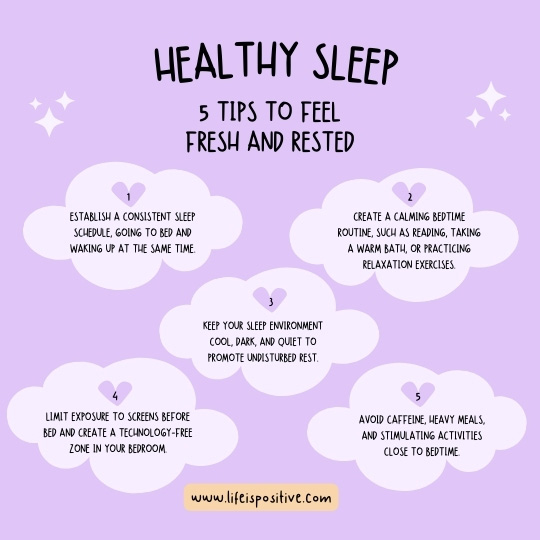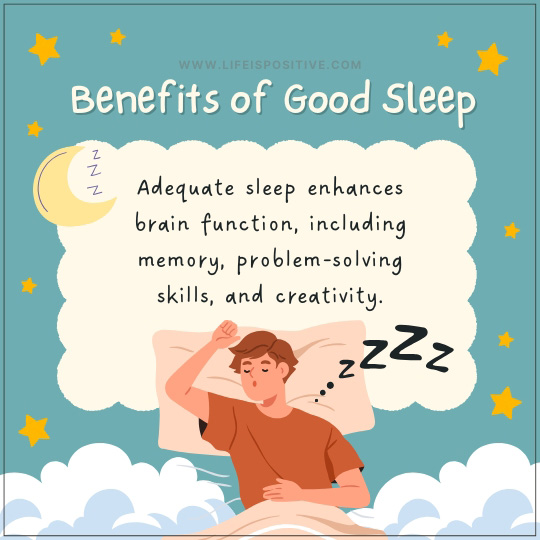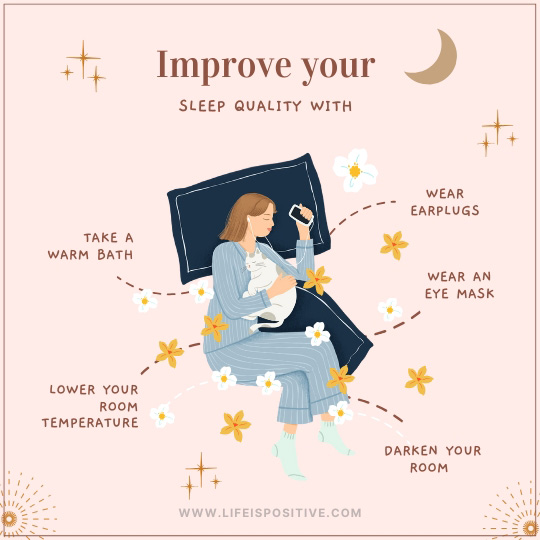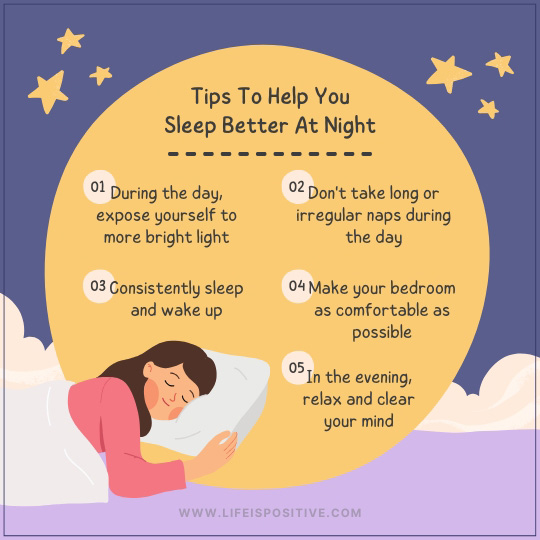|
Getting your Trinity Audio player ready...
|
Have you ever noticed that after a night of tossing and turning, you’re not just tired—you’re also kind of moody and less eager to socialize? It turns out there’s more to it than just being cranky. The connection between sleep and loneliness is real, and science backs it up.
Poor sleep doesn’t just mess with your energy levels; it can leave you feeling isolated, disconnected, and lonely. On the flip side, loneliness can also wreak havoc on your ability to get a good night’s sleep. It’s a vicious cycle that many people don’t even realize they’re caught in.
If you’re curious about why your sleep and loneliness are connected—and, more importantly, what you can do about it—keep reading. We’re breaking down this surprising link in an easy-to-understand way that just might help you catch better Z’s and feel a little less alone.
The Science Behind Sleep and Loneliness
Let’s get a little science-y for a second (don’t worry, I’ll keep it simple). Sleep and loneliness are connected on a deeper level than you might think.
Studies have shown that when you don’t get enough sleep, your brain interprets the world differently. You’re more likely to feel disconnected from others, withdrawn, and even less interested in socializing.
Poor sleep can make you feel lonely, even when you’re surrounded by people.
Here’s the kicker: loneliness itself can lead to poor sleep. People who feel isolated tend to experience higher levels of stress and anxiety, which can keep you up at night. Toss in some overthinking, and you’ve got the perfect recipe for insomnia. See how this turns into a cycle?
Read: Struggling Alone and Depressed? 10 Powerful Ways to Feel Better
How Sleep Deprivation Makes You Feel More Lonely
Let’s talk about how lack of sleep can make you feel lonelier, even if you don’t realize it’s happening.
When you’re sleep-deprived, your brain’s ability to interpret social cues gets a little wonky. For example, you might think someone’s being cold or distant when, in reality, they’re perfectly friendly. This can make you pull back from social interactions, increasing feelings of isolation.
The best bridge between despair and hope is a good night’s sleep.
E. Joseph Cossman
Additionally, when you’re tired, you’re naturally less motivated to interact with people. You’d rather binge Netflix on the couch than meet up with friends because your brain just doesn’t have the energy for it.
While staying in feels good at the moment, too much isolation can make the loneliness worse.
Loneliness and Its Impact on Sleep
Now let’s flip the coin. If you’re feeling lonely, your sleep can suffer big time.
Loneliness often comes with feelings of stress, sadness, and worry—all of which can keep your brain buzzing when you’re trying to sleep. Instead of drifting off peacefully, you’re stuck replaying thoughts like, “Why didn’t they text me back?” or “Does anyone even care about me?”
Stress triggers the body’s fight-or-flight response, which makes it hard to relax. Your heart rate goes up, your breathing gets shallow, and suddenly, sleep feels impossible. And when you’re already feeling lonely, sleepless nights can make you feel even more isolated.
Read: This is the Best Side to Sleep
The Vicious Cycle of Sleep and Loneliness
At this point, you’re probably seeing the pattern: lack of sleep makes you feel lonelier, and loneliness makes it harder to sleep. It’s a cycle that feeds itself.
Here’s how it goes:
1. Poor sleep leaves you feeling drained and socially disengaged.
2. You start to isolate yourself, whether intentionally or not.
3. The loneliness increases feelings of stress and sadness.
4. That stress keeps you awake at night, leading to—you guessed it—more poor sleep.
Breaking the cycle can feel tough, but don’t worry—I’m about to share some actionable tips to help you fix both your sleep and your feelings of loneliness.
How to Improve Your Sleep and Beat Loneliness
The good news? You can turn things around. By focusing on small changes to your daily routine, you can improve your sleep and reduce feelings of loneliness. Here’s how:
1. Prioritize Your Sleep Schedule
The first step in breaking the sleep and loneliness cycle is getting your sleep on track. Aim for 7-9 hours of sleep each night and try to stick to a consistent sleep schedule—even on weekends.
Go to bed and wake up at the same time every day. Your brain loves routine, and this consistency will help you fall asleep more easily.
Read: Sleep Tips: 10 Tips to Sleep Better
2. Create a Relaxing Nighttime Routine
If you’re feeling lonely, it’s easy to spiral into negative thoughts at night. Combat this by creating a calming nighttime routine.
Start winding down an hour before bed. Turn off screens, grab a book, do some light stretching, or listen to relaxing music. Try meditation or deep breathing to calm your mind. The more relaxed you are, the easier it will be to fall asleep.
3. Reach Out to Others During the Day
To reduce loneliness, make an effort to connect with people, even in small ways. Call a friend, chat with coworkers, or join a group activity. It doesn’t have to be anything big—just getting some social interaction during the day can help you feel less alone.
Plus, spending time with others often reduces stress, which can improve your sleep quality at night.
Read: How to Achieve Quality Sleep
4. Get Moving (Even Just a Little)
Exercise isn’t just good for your body; it’s great for your mind, too. Physical activity releases feel-good chemicals like endorphins, which help fight stress and loneliness. It also tires your body out naturally, helping you sleep better at night.
Even a 15-minute walk can make a difference, so start small and build from there.
5. Avoid Caffeine and Screens Late at Night
If you’re lying awake at night feeling lonely, your late-night habits might be making things worse. Caffeine, bright lights, and endless scrolling can disrupt your ability to sleep.

Swap out your phone for a good book or some journaling. It’ll help clear your mind and make it easier to drift off.
Read: Best Oxygen-Enhancing Sleep Position
6. Practice Gratitude
This might sound cheesy, but it works. Before bed, write down three things you’re grateful for. Gratitude shifts your focus from what’s missing in your life to what’s already good.
Over time, this practice can reduce feelings of loneliness and help you end the day on a positive note, making it easier to fall asleep.
Final Thoughts: Fix Your Sleep, Fix Your Loneliness
The connection between sleep and loneliness is a lot stronger than most people realize. Poor sleep can leave you feeling disconnected, while loneliness can keep you up all night, creating a cycle that’s hard to break.
Sleep is the best meditation.
Dalai Lama
The good news? Small changes can make a huge difference. By prioritizing quality sleep, connecting with others, and managing stress, you can improve both your sleep and your sense of connection.
Remember: You’re not alone in feeling this way. Sleep struggles and loneliness are common, but with a little effort and the right habits, you can turn things around.
So, start small, be kind to yourself, and take it one step at a time. Here’s to better sleep, brighter days, and feeling more connected.
For more empowering content, connect with our vibrant community here ➡️ Social Media




